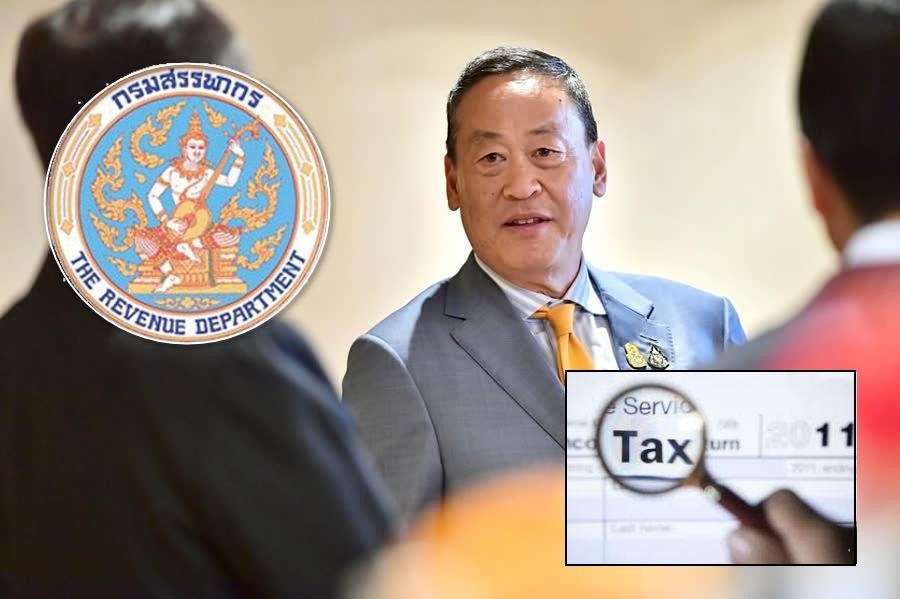
The Thai government expects its Revenue arm to collect 100 billion baht more to help fund the digital wallet give-away scheme. This surely explains why, from January 1 2024, assessable foreign income transmitted to Thailand by tax residents (Thais or foreigners here for six months plus in a calendar year) will be subject to personal income tax via Revenue tax forms. Those have to be completed no later than the end of March next year.
A recent informal survey of retirees in Pattaya suggested that over 90 percent were in a state of utter confusion. What is assessable income? Does it include pensions already taxed in the home country? What about sending your cash to your wife as a gift? How to make sense of double taxation treaties which are undecipherable to most folk? Will visa renewal be dependent on having a Thai tax identification number? What will it cost to hire accountants?
It’s no wonder that many expats are muttering, or talking openly, about leaving Thailand or at least making sure they are in the country for fewer than 183 days to escape the tax residence trap. Typical retirees here live on already-taxed pensions. Getting involved with a second tax authority, accountants and tax specialists is just about the last thing they want. Not to mention the potential costs of this bureaucracy. Nonsense on social media, such as the claim that Thai banks are now deducting tax international cash arrivals, is rampant.
There’s a well-known truism that Thai authorities don’t take any notice of what foreigners think. The issue here is whether those same authorities are prepared to see the expat market, especially for retirees and global citizens, collapse under the pile-up of unanswered questions. What about the future of the Elite visa? What about the thousands of farang men married to Thais and with families to support? What about the property market, especially the purchase of condominiums? How can the understaffed Revenue suddenly deal expeditiously with hundreds of thousands of forms and accompanying documentation in a foreign language?
Maybe, official clarification is just around the corner. Maybe. Meanwhile, accountancy firms are busy enrolling frightened expats with the promise of updates whenever possible. What would help, of course, is a statement from official Thai authorities that income already taxed elsewhere will not be re-taxed here. Or that certain types of visa, for example annual extensions for retirement or marriage, are exempt from the tax regulations on the grounds they are not “residence” permits. Sometimes silence is the best policy. But not tax reform on this scale.








